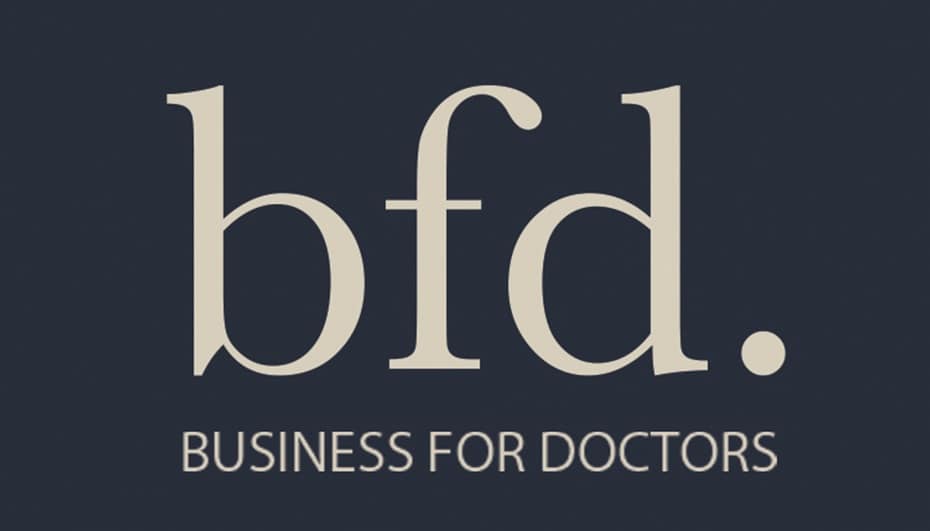
Aspiring to fellowship is the goalpost that as doctors we set our sights on from very early on in our career. Doctors with a clear goal and pathway have frequently spoken of their career choice long before entering medical school. Following that path often leads to a rather flawless path to success.
Training Roadblocks
Competition has been increasing for post-graduate training for the past 10 years and has reached an almost peak of medical students graduating verses training positions available. Increasing places have not met demand and the medical cohort is now bottom heavy with junior doctors, new graduates and trainees.
The concept of not becoming a fellow into a speciality only occurred to me when I was engaged by a private hospital that had a long-standing experienced SMO (PGY 18) who had made a career as a Medical Officer in an ICU. She was well respected by her colleagues and peers, was well remunerated by the hospital and was salaried into a secure position with annual leave, sick leave and superannuation.
Career Medical Officers
In comparison I had several friends PGY 5-8 who were still struggling with career choices and continued to apply for training programs into an area they had decided was their career pathway. Like bulldogs they were not going to give up, despite more setbacks than one could imagine, and the constant shift work, long weekends and non-family friendly commitment in an attempts to make a good impression. Research was also taking up the rest of their moments, in hopes of publishing and getting that extra point across the line.
I myself had decided before graduation that I would pursue a pathway in Rural Medicine. I had been a member of my rural club and had a strong connection to the country, with ambitions of been a “generalist surgeon” (vascular, ortho, general, plastics etc) and training for many years to be able to perform all of these surgeries in a rural area. My ambitions were a little high, but here I am in Rural Practice and loving every day.
Finances
Financial consideration needs to be taken into consideration when making career decisions. My mentor was surprised to learn that I had calculated that a GP procedurals new fellow would be between $20’000 and $50’0000 worse off after fellowship. These figures take into consideration the additional registration and membership fees as a fellow but more importantly the medical indemnity insurance for procedural medicine.
It is not just General Practice that has a disadvantage of fellowship. Many trainees in their final year have a gimps of concern about the impending unemployment once they have attained fellowship. The hospital has up and coming doctors to fill their shows and there are no fellow positions at the hospital they have known for many years. Suddenly they are preparing to open a small practice or join in business with colleagues.
Preparation
Preparing for the transition from trainee to fellow is a key step in understanding the journey that is about to be embarked upon. Realising that this needs to be a planned journey, rather than being an accidental businesses person will prepare a person with confidence in entering the post-fellowship world.
Myself on the other hand rather cheekily would be happy to sit a few more years just as I am. Having completed my time and exams 3 years ago it is a matter of formalising a few matters and I can be a piece of paper richer. At this point as a registrar I can earn as much as a choose, not have a fellowship stops me wondering to far from home and I can focus on building a business and reputation in the community I live. Eventually I will be given the nod and have to move on, but until then I will bask in the glory of remaining a registrar for as long as legally and humanly as possible.
There may be very good reasons you decide to remain as an un-fellowed doctor, you may enjoy your role in the hospital, you may test and try many programs and not find one that suits, or like me you might just be delaying the inevitable and enjoying the days of less responsibility.




